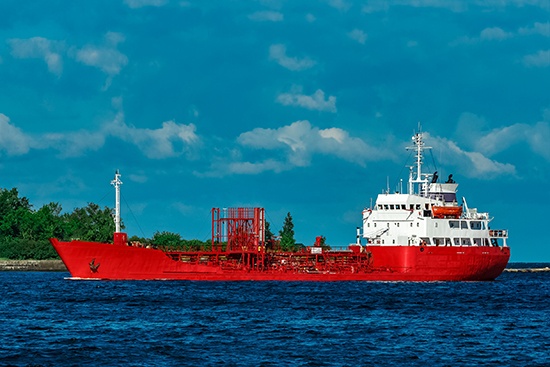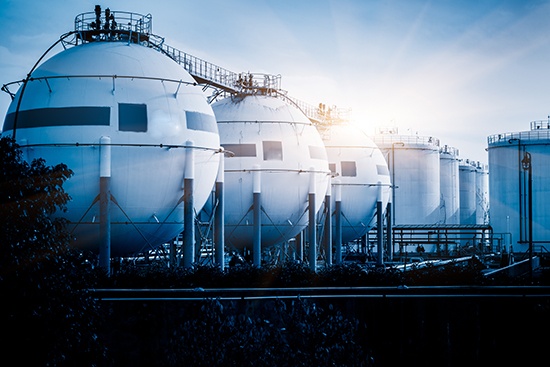GENERAL PRODUCT INFORMATION
Vynova is a key manufacturer of ethylene dichloride (EDC) and vinyl chloride monomer (VCM), two essential building blocks for the production of PVC.
EDC or 1,2-dichloroethane is primarily used to manufacture VCM, which is the key precursor to PVC. As essential intermediates in the vinyls chain, both chemicals play an important role in the development of new resin grades to meet the growing number of applications of PVC.
In addition, EDC serves in the manufacture of a wide range of chlorinated solvents and ethyleneamines which are used in a variety of industrial and consumer products.
Vynova has integrated vinyls manufacturing operations as well as an extensive supply chain to ensure a safe and reliable supply of EDC and VCM.
WHY BUY FROM VYNOVA
Two world-scale manufacturing plants located close to major European ports, allowing easy access to key markets.
Dedicated product management and customer service teams committed to building strong supplier-customer partnerships.
Extensive and modern supply chain infrastructure that provides our customers with terminal access and ship loading capability for both EDC and VCM.
Experienced technology teams dedicated to ensuring the reliability of our operations and the quality of our products.
MAIN APPLICATIONS
Vynova uses suspension polymerisation processes to yield a variety of PVC molecular weights and porosities recommended and suitable for a wide range of manufacturing applications. PVC resins are produced from vinyl chloride monomers which will create a coarse powder resistant to degradation and oxidation and features an extended storage life.
The popularity of PVC is due to its low cost and high tensile strength making it a premium choice for consumer products. Rigid PVC is common for many load bearing and weather resistance applications, while flexible PVCs have service where pliability is required such as medical devices and electrical insulation.
With viscosity K-Values ranging from 57 to 71 for multiple end-use applications, our unmodified PVC products are reformed with the incorporation of additives such as plasticisers, UV stabilisers, pigmentation, and thermal or impact modifiers. The resulting range of finished products extends from films and pipes to flooring and window profiles.
Manufacturing production processes can include: injection moulding of die-cast products such as pipe fittings, keyboards, and computer housings; plastic extrusion of continuous profile products such as furniture and window profiles and plastic pipe; calendering processes for polymer film or sheet; blow moulding production of general purpose and food-grade bottles.

BUILDING AND CONSTRUCTION
For decades PVC has been widely used for building and construction applications due to the product’s safe and non-toxic health standards. Additionally, PVC is a cost-effective substitute replacing conventional building materials such as wood, clay, concrete, and metals in many architectural products and construction materials.
The versatility of PVC and it exceptional record of performance can be attributed to many properties inherent to PVC – it is lightweight, yet strong; durable and resistant to rotting, weathering, and corrosion; and PVC is one of the easiest installation materials available – being easily shaped, cut, joined or welded into a wide variety of attractive products.

AUTOMOTIVE
The automotive industry has embraced PVC as a product that promotes the appearance and longevity of vehicles. The applications are considerable - from door panels and dashboards to underbody coatings and exterior body parts. PVC’s shock-absorbing and sound-dampening properties are noted for saving lives and reducing interior noise.
Possessing a wide range of adjustable material properties to fit a wide range of automobile price/performance models, PVCs decreased weight over metal means automobile components that are lighter, allowing vehicle owners a reduction in fuel costs. Today’s PVCs offer consumers more affordable vehicles and a wide range of attractive styling.

MEDICAL
Modern healthcare systems employ PVC or vinyl to guarantee the high demands of performance and quality in the medical professions and its regulatory agencies. From the production of non-breakable containers such as blood bags to flexible medical tubing, PVC meets the rigid requirements of toughness, clarity, and suitability for sterilisation.
As a replacement for natural rubber, metal, and glass, PVC medical devices have proven to be revolutionary to the improvement of medical safety by reducing infections that were common with reusable devices. Disposable PVC medical devices have eliminated traditional requirements of cleaning and sterilization of previously used medical devices.

PACKAGING
PVC has properties that make it a superior material for both flexible and rigid packaging applications. Not only does it remain physically stable under normal use conditions, it is also resistant to chemical, oil, and grease infiltration. As a common packaging material PVC is resilient to impact and boasts exceptional clarity.
PVC has diverse food packaging applications because it offers good barrier properties, preserving taste and quality. Applications include containers, trays, bottles, can linings, and flexible film. The dry goods consumer market sector also employs PVC packaging for its tamper resistance and transparency, with applications for blister packaging for electronics.
CONTACT OUR SALES TEAM
Please complete this form for enquiries about our Vinyl Intermediates product range. Your question will be directed to a Vinyls sales or customer service representative within your region, who will contact you as soon as possible.
Please note that we do not offer ethylene dichloride (EDC) or vinyl chloride monomer (VCM) in packaged form. The only shipment mode we apply for overseas shipments is bulk in vessels, with typical quantities of 5,000 tonnes.
By submitting this form I agree
OUR PRODUCT BLOG POSTS
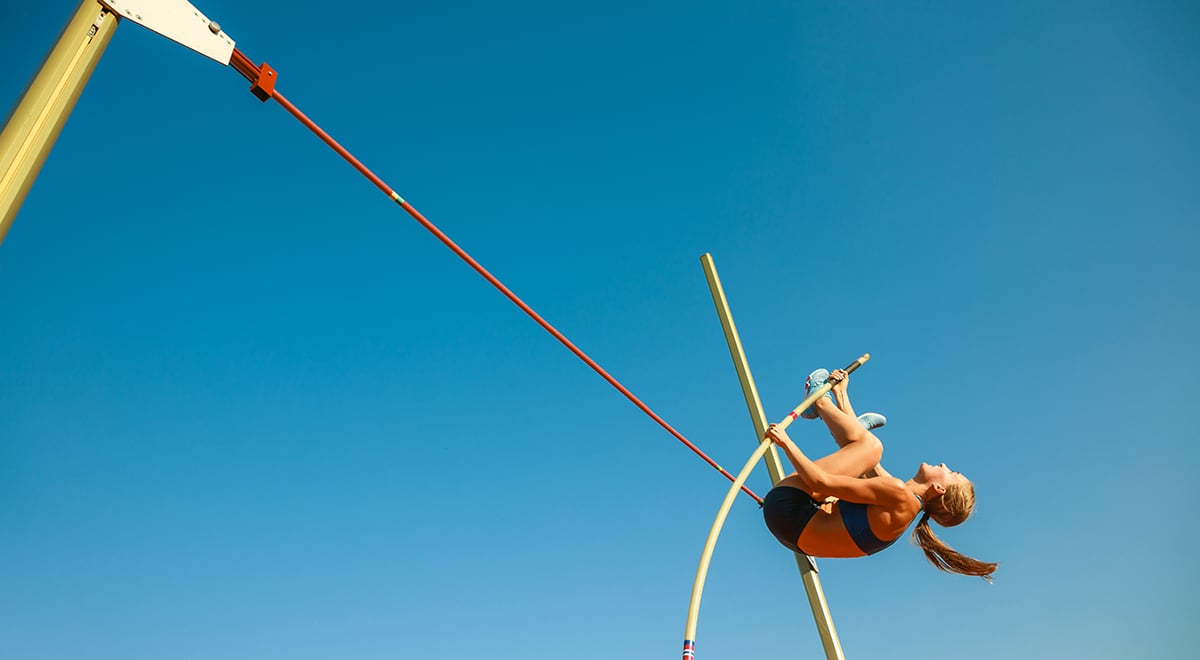
Muscle up your performance with Vynova PVC
Thanks to its excellent functional qualities, PVC is a great material for sports equipment and protective gear, suitable for both top athletes and recreational amateurs.
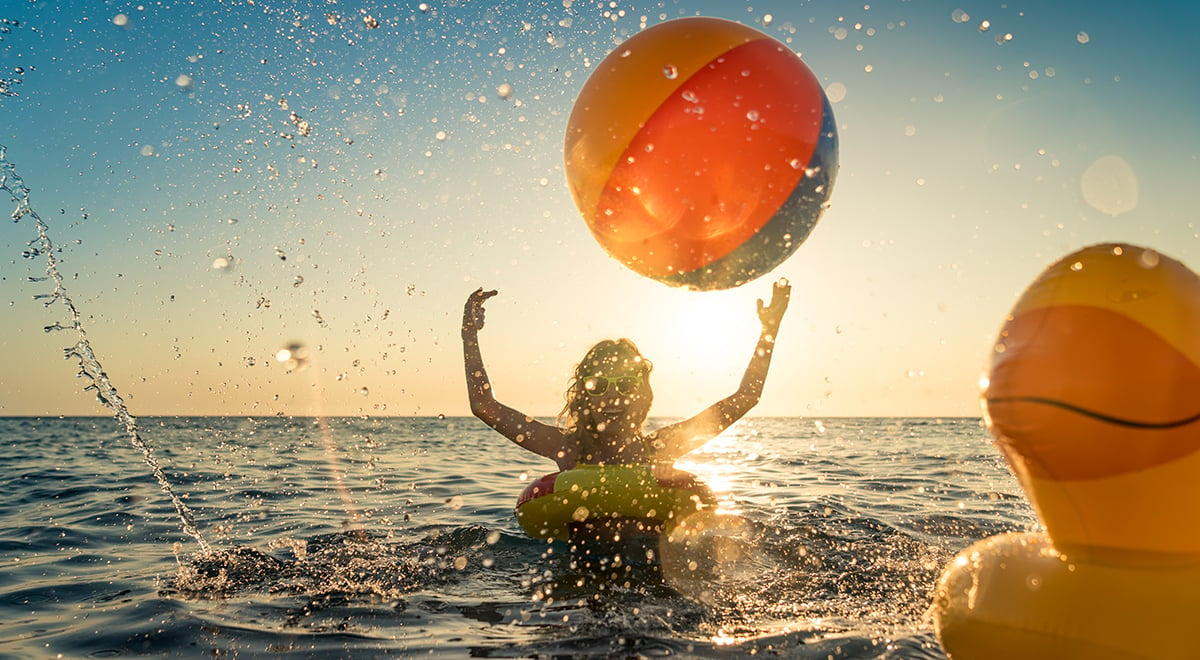
Summer fun with PVC
Summer is a great time for some family fun in the pool or at the seaside. But have you ever considered the role that durable PVC products play in making those moments memorable and safe?
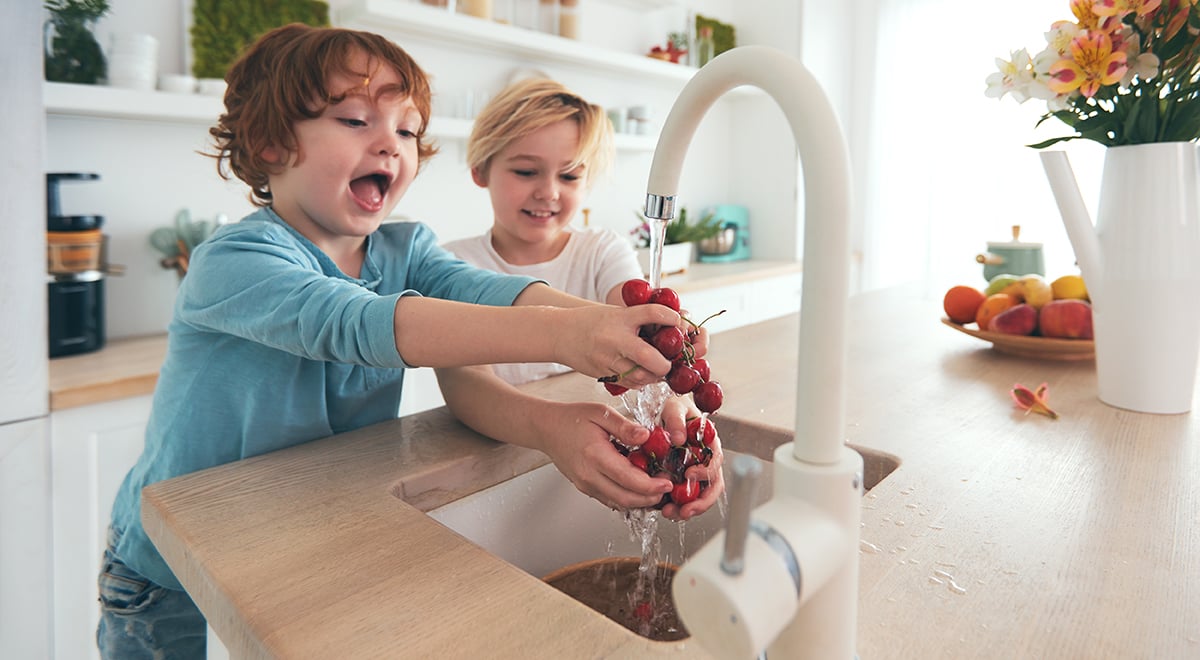
House of PVC - Episode 4: Water for our homes
In every society much work goes into supplying our houses with fresh and potable water. PVC piping systems provide a safe, durable and affordable way to bring water to our communities and to ensure safe sanitation.

House of PVC - Episode 3: A window of opportunity
Watching the snow gently fall through the window of a warm and well-insulated room, did you ever consider the instrumental role that PVC windows play to keep our homes comfortable and cosy during cold winters?
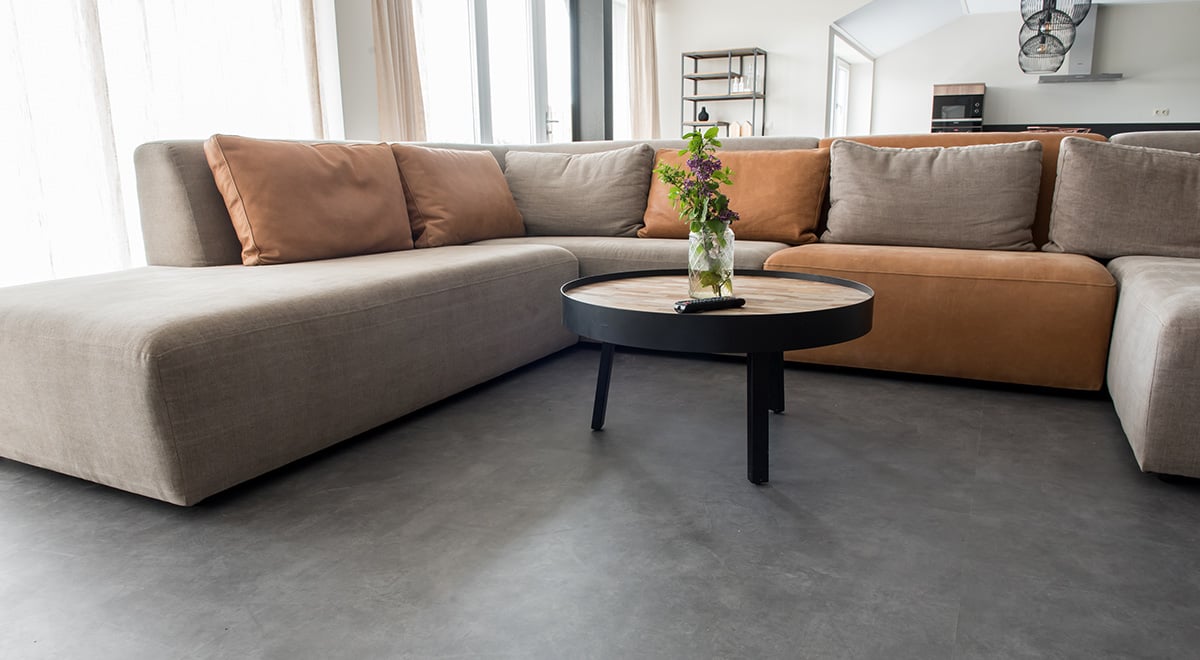
House of PVC - Episode 2: A path to innovation
In our House of PVC blog series, we take a look at the role of PVC as an indispensable and durable construction material for every modern-day home. In this second episode: PVC flooring, a path to innovation.

House of PVC - Episode 1: Lighting our homes & Wiring the world
In the first episode of our House of PVC blog series, we take a look at the role of PVC wire & cables, the hidden force keeping us powered and connected.

Enjoying swimming pools with Vynova
When you think about your happiest summer memories, what pops into your mind? For many, the answer is warm weather, great holidays, cool ice cream and family fun in the pool. Let’s take a look at how PVC and chlorine from Vynova enable you to enjoy your swimming pool experience.
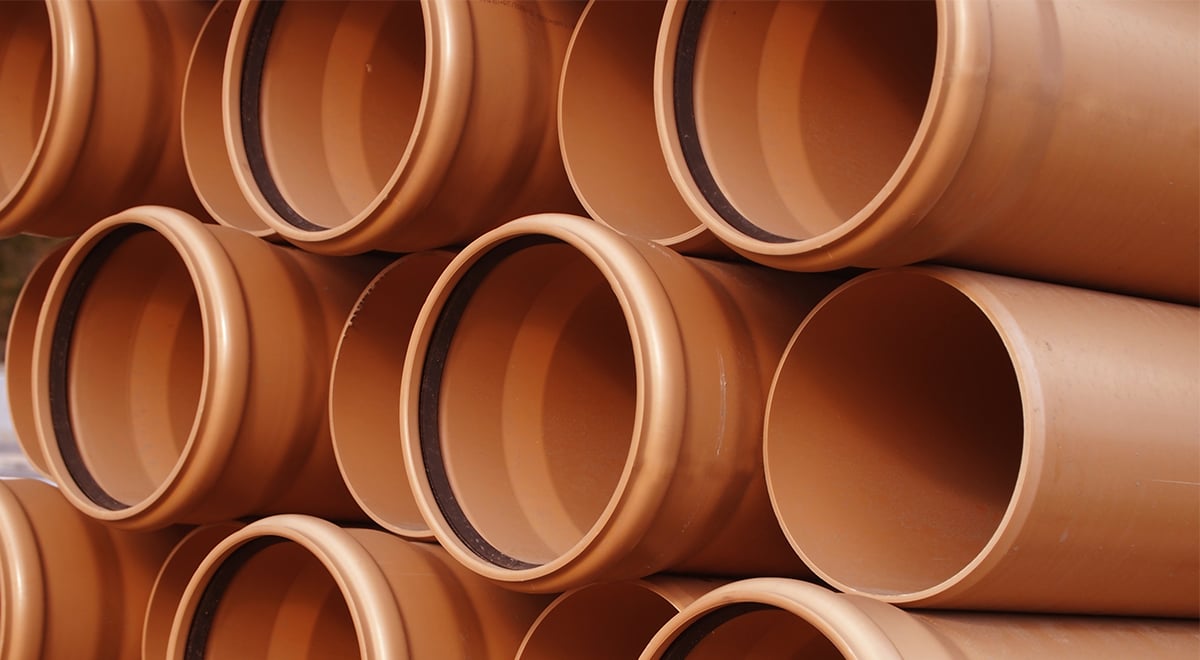
Vynova Research Highlights Impressive Longevity of PVC Pipes
PVC pipes have been used to establish safe drinking water systems since the 1930s and most of these are still in use. In addition to their long expected lifespan – in excess of 100 years – recent research conducted by Vynova has also once more demonstrated that PVC pipes are very suitable for recycling.
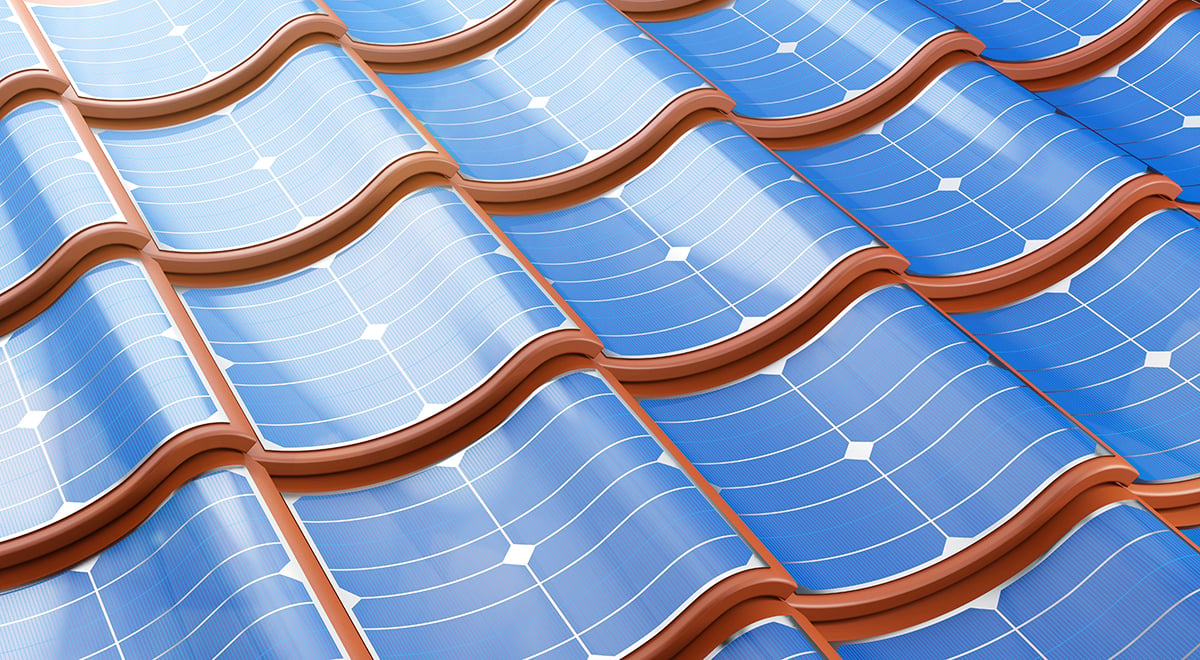
Innovations in PVC: Solar Roofing Membrane
The flat roofs of commercial buildings and apartment blocks have historically been notorious for water problems. No roof is ever completely flat, causing water to pond in certain areas. Eventually this water finds its way through to the building below.
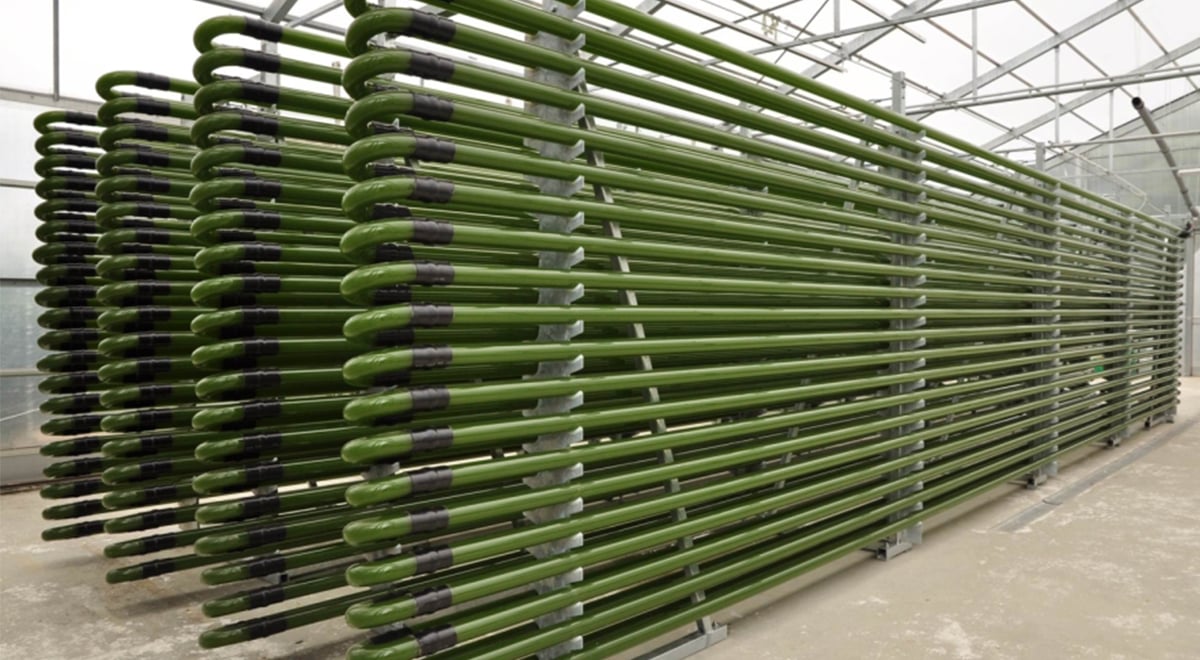
Innovations in PVC: Transparent Pipes for Biofuel Production
Although it may be hard to believe, biofuels have been around for as long as the automobile. Original diesel engine designs were built on the principle of using peanut oil as a fuel source. Henry Ford actually intended to use ethanol as a fuel, but the rise in availability of fossil fuels at low costs led to their dominance as a fuel source.
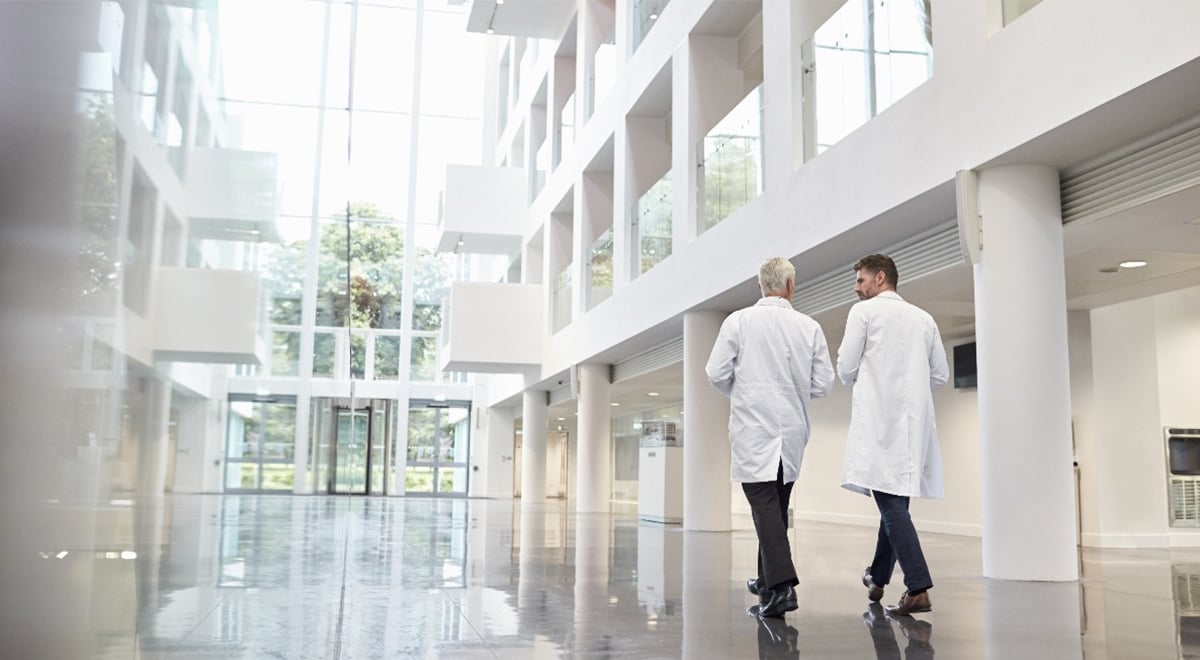
Innovations in PVC: How PVC Makes Hospital Interiors Safer, More Comfortable and Durable
It may seem unusual to link innovations in PVC with hospital interiors. PVC has long been known as a hard-wearing product, which is easy to clean. However, innovations involving antimicrobial additives have now made PVC interiors an integral part of the international public health strategy to prevent the transfer of infections.
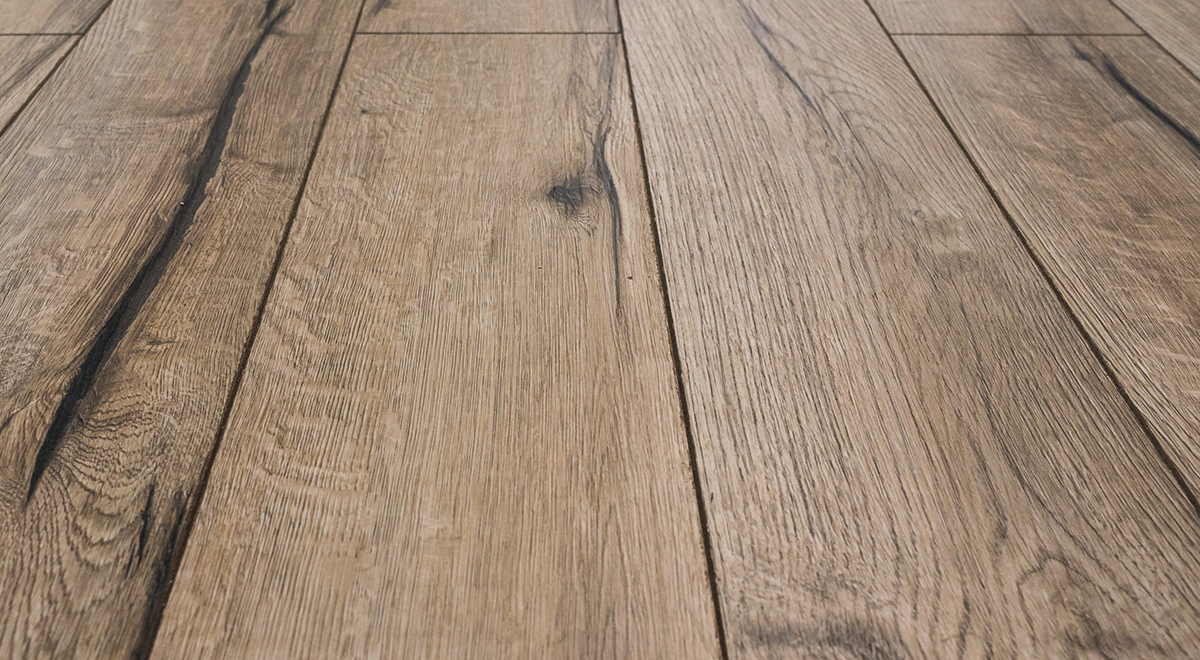
Innovations in PVC: Luxury Vinyl Tiles
Luxury Vinyl Tiles (LVT) are made from polyvinyl chloride (PVC). The growth in LVT flooring has come about because of the unique properties of this product, which make it ideal for home and commercial applications. Not only does it meet the creative demands of designers, but it is also extremely durable and sustainable.
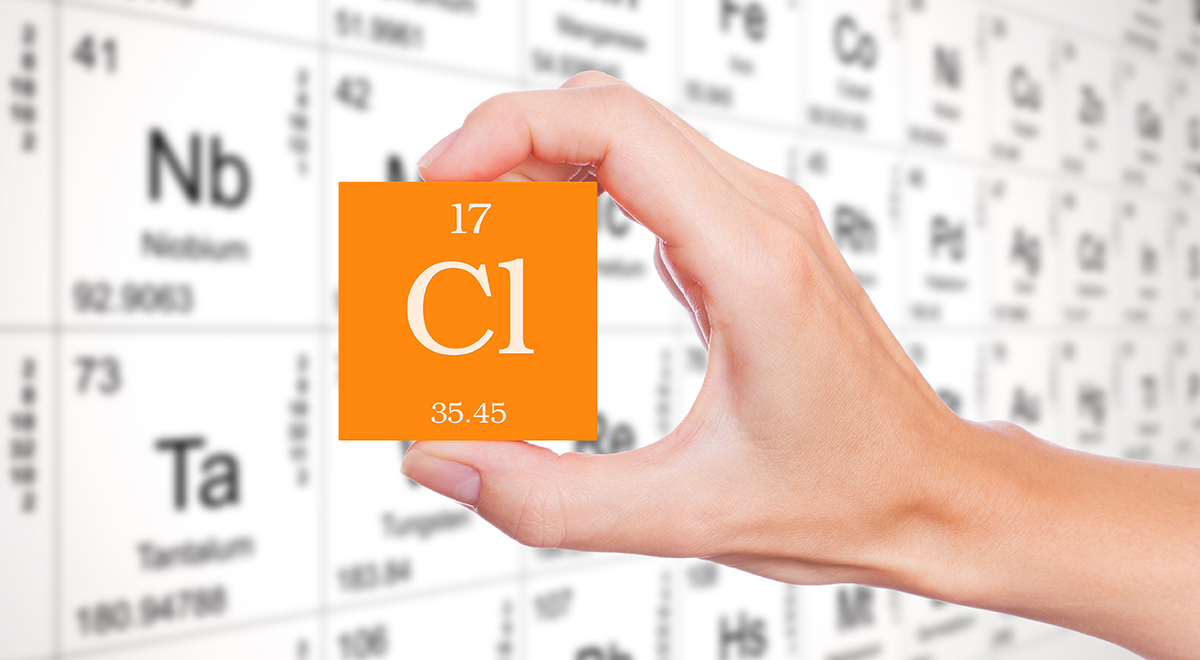
Chlorine - a Versatile Chemical Building Block
We use chlorine in pharmaceuticals, medical devices, windows, flooring, insulation and piping. Water purification and swimming pool disinfection are also well-known applications for chlorine. Vynova produces chlorine and uses it in the manufacture of polyvinyl chloride (PVC) and sodium hypochlorite.
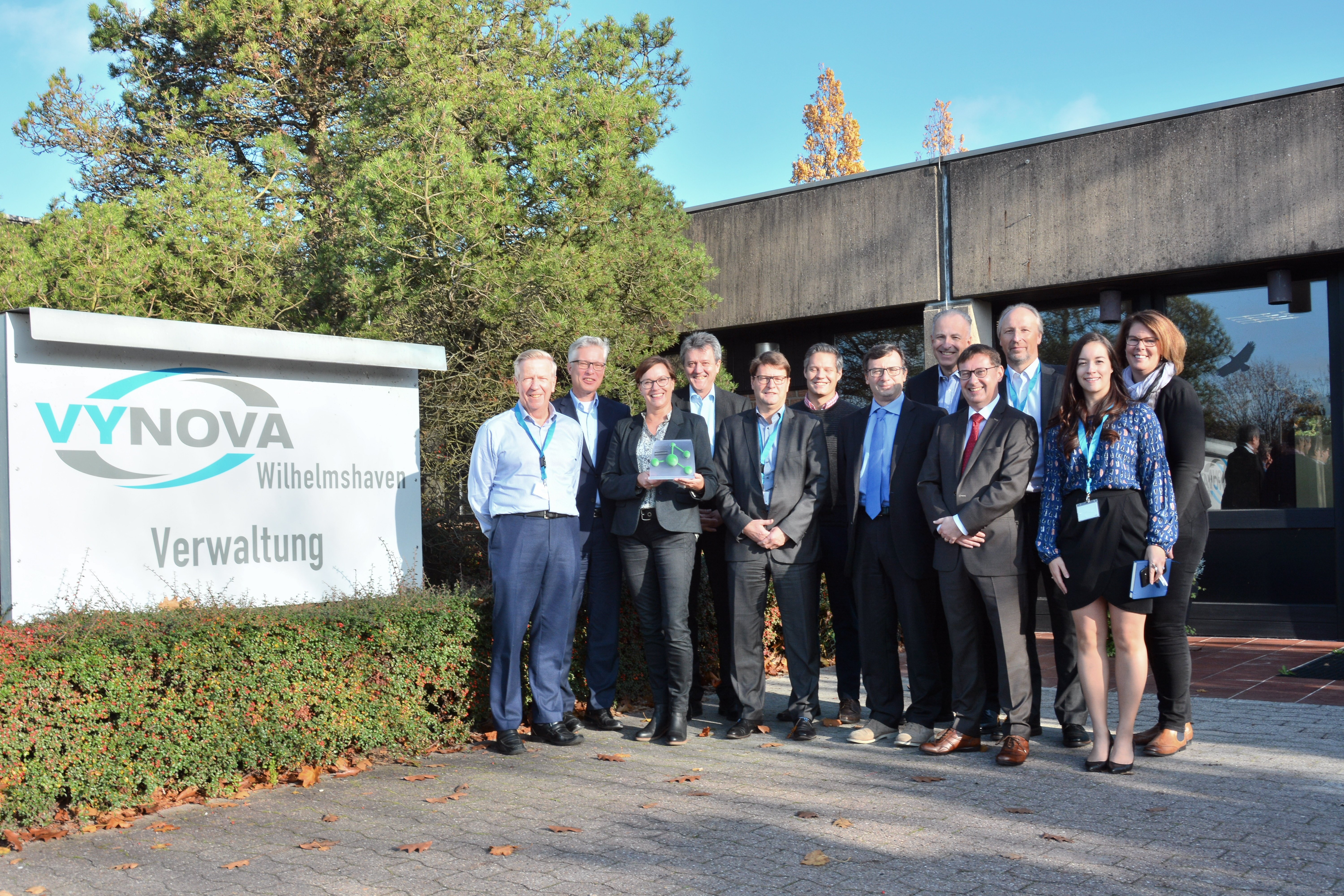
Vynova Wilhelmshaven hosts Polymers for Europe Alliance
Representatives of the Polymers for Europe Alliance travelled to Vynova’s site at Wilhelmshaven (Germany), to present the new criteria for the upcoming Best Polymer Producers Awards for Europe, and to discuss the future of the industry. The visit facilitated a productive exchange on the state of the polymer industry, best practices, and the future of polymer production.
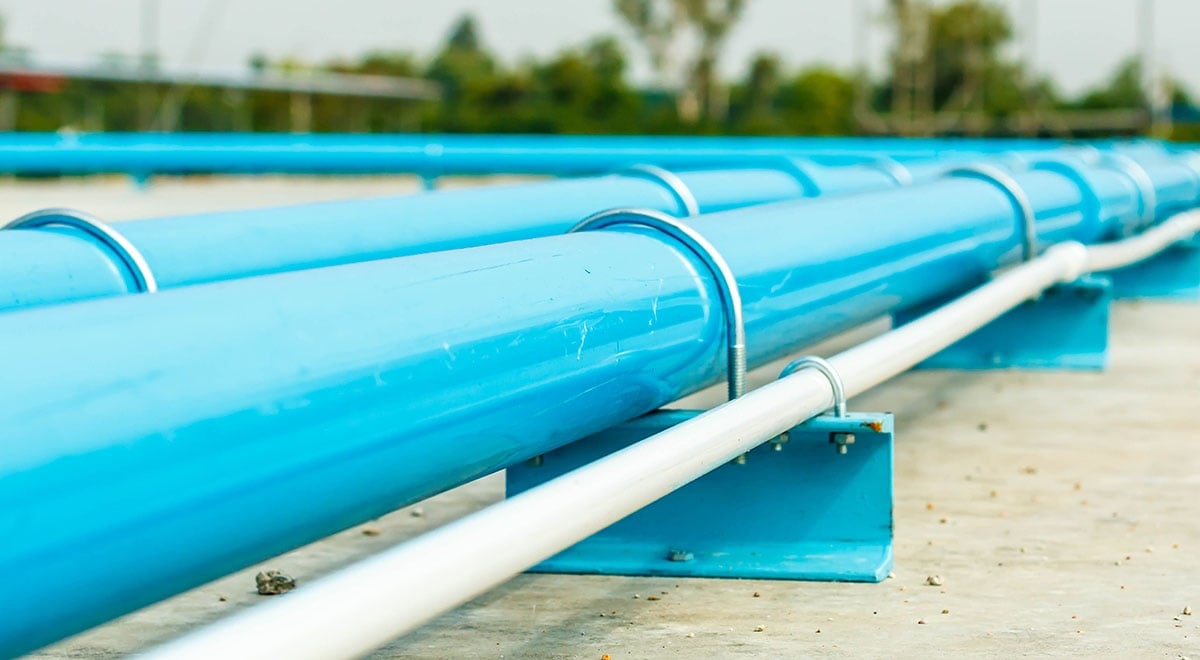
Innovations in PVC: Molecularly Oriented Pipes and Fittings
One of the latest innovations in the quest to improve PVC piping properties is a process called molecular orientation - a process that results in PVC-O. PVC-O has all the original advantages of PVC, but its properties are even more enhanced, resulting in several economic and practical benefits.
